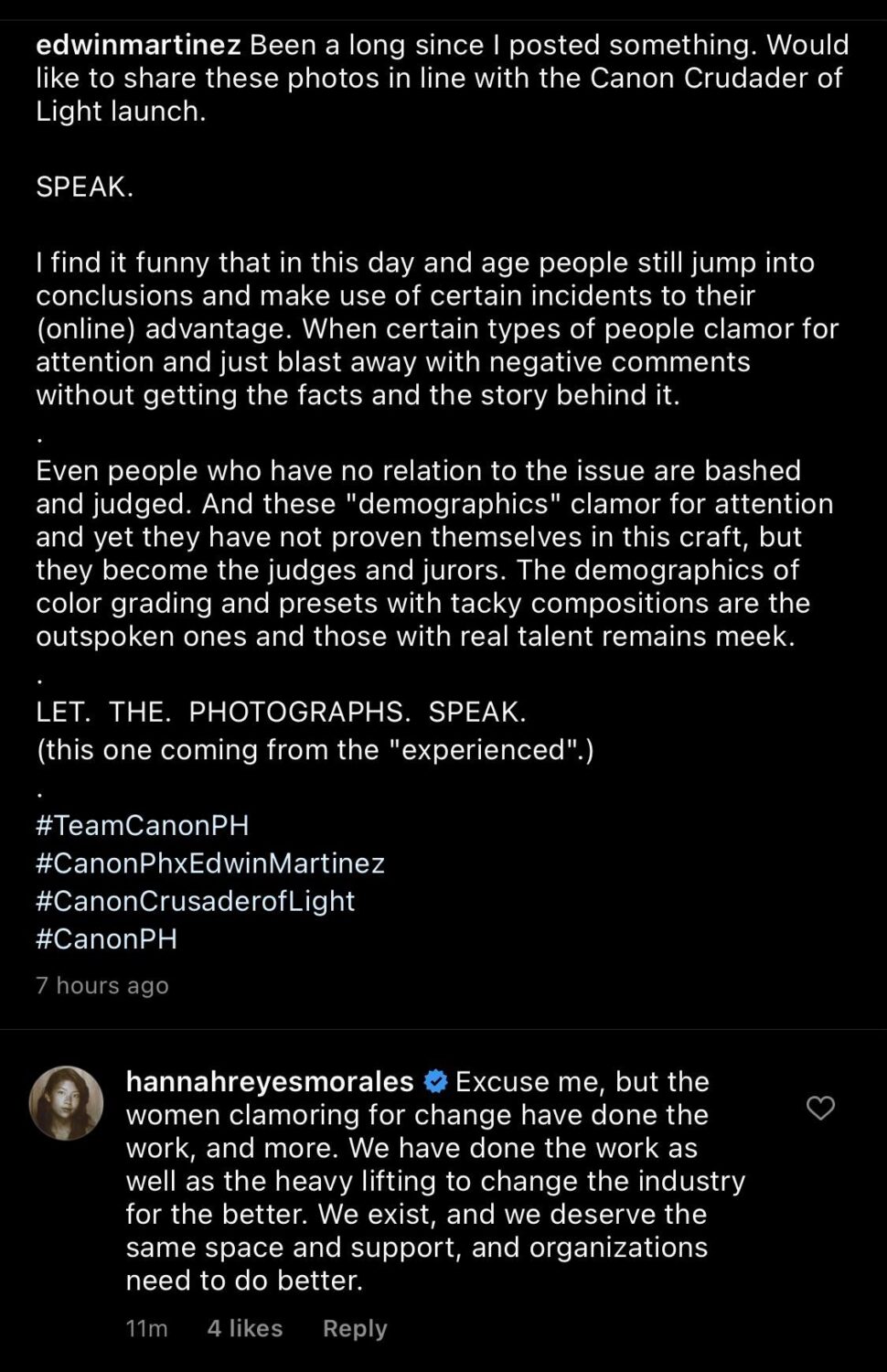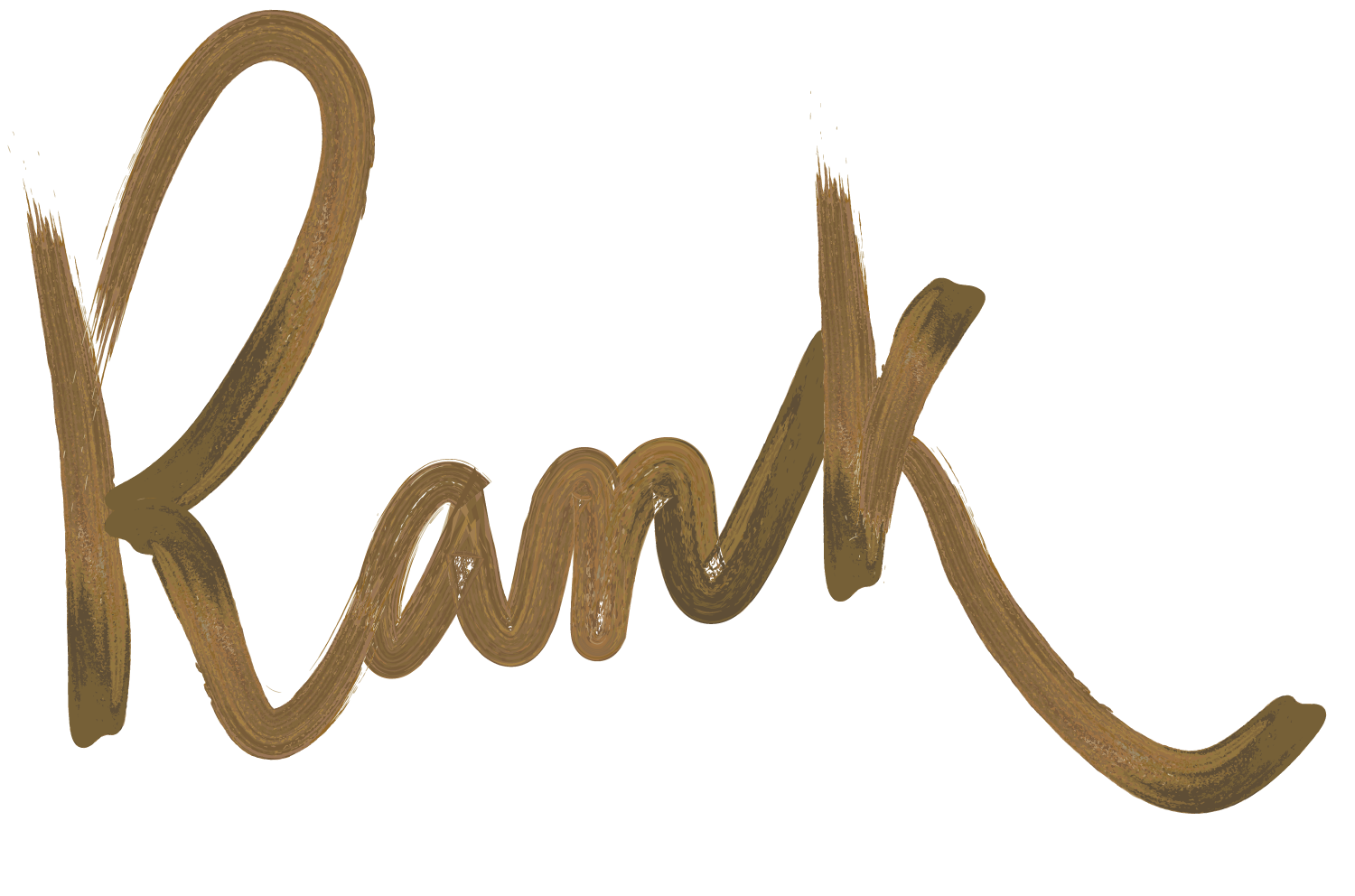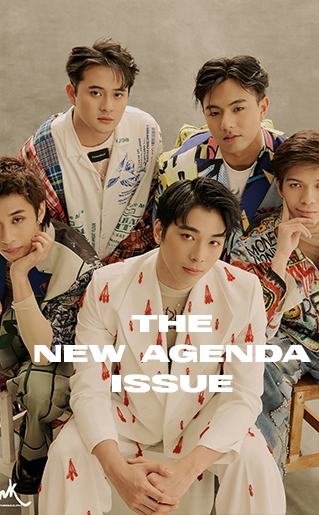PHILIPPINES —Since 2014, Canon Philippines has handpicked some of the most lauded photographers to represent their brand in the country. For years, a clear preference towards male talents has been seen, with little to no women in most of their previous lineups. But surely, in 2021 when the call for equality, diversity, and inclusivity roars ever the loudest, we’ll get to see some sort of progress in the prestigious Canon Crusader of Light Brand Ambassador Program, right?
Apparently not.
Earlier this week, Filipino photographers were all up in arms after Canon Philippines announced the year’s lineup of ambassadors, with not a woman or LGBTQ+ talent in sight. The social media post revealing the list was immediately bombarded with questions and objections, challenging Canon on why they chose only male photographers for a program supposedly celebrating some of the country’s most prominent talents.
Many stressed that these objections were not to invalidate the talent and acclaim for these male photographers, many of whom are award-winning professionals who have been in the industry for long. But rather, it’s a demand for the brand to recognize that the local photography community is, and has been, brimming with skill and talent that not only comes from Manila-based, cisgender and straight men.
Clearly, this is an issue on lack of representation. But further updates on the matter also indicate that, as much as there is ignorance, there also seems to be a conscious effort to treat women as inferior talents and artists. Not long after this list has been launched, the brand has since caught fire—called out for its ‘outdated’ principles that perpetuate ‘misogyny’ in what should have been an evolving, more inclusive and diverse world.
Amidst the backlash from the announcement, Canon Philippines then allegedly reached out to marginalized photographers to hopefully amend the crisis, only to be faced with even stronger condemnations. A screenshot of a message sent by Canon representatives went viral, inviting women to a “Canon Professionals Lady Shooters” campaign that seems to be initiated in the hopes of mitigating the hate. The message stressed that there will be NO monetary deal for the project, but they will be compensated through exclusive “online workshops and photography engagements.”
Needless to say, the community ripped them to shreds for it. At the most basic level, adding the word “Lady” before any profession is an outdated way of saying that it’s a man’s game, with few exceptions. But on top of that is the clear disregard for the value of women (all the more, queer) talents in the industry with the lack of monetary compensation.
One would think that a company as huge as Canon would understand the severity of this controversy to have more care and sensitivity with their communications and public relations.
Days after the issue blew up, Canon Philippines (finally) issued an official statement to emphasize that they support “content creators regardless of gender, culture, customs, language, or race.” The release furthered by stating that “[the] Brand Ambassadorship is continuously growing and welcomes more members who are interested and committed. We appreciate learning from your voices in the community. We are listening.”
However, this official statement did not seem to have the effect it quite hoped for. The Internet, particularly, Instagram users flooded the comments section with complaints, calling it a “non-apology” that lacked sincerity or even the basic level of understanding, nor a proactive stance to correct the mishap. Instead, the outcry was simply called a “valuable feedback”.
When it was clear that female and queer photographers will not be getting the representation, acknowledgment, or apology they demanded, and rightfully deserves from the Canon Philippines team, many took matters into their own hands. Several initiatives bloomed from some of the most prominent marginalized photographers in the country to use their platforms to uplift the voices of other content creators and talents across the country.
One of which is Hannah Reyes Morales, a National Geographic Explorer who has received a multitude of awards in and out of the country for her deeply profound images that depict “tenderness amidst adversity.” She was very outspoken on her social media pages about the issue, and then utilized her over 100K Instagram-following to create a guide for some of her favorite women and nonbinary photographers from the Philippines.
Of the continuing backlash received by the camera brand, Morales wrote, “This Canon incident didn’t happen in isolation. It just brought into view what the landscape is like for women photographers here. What you felt, seeing their all male ambassador lineup, their response of rushing female photographers to submit their profile photo (and not their work) for consideration after people got angry, their non apology and their adamant response – for women photographers this is a constant, consistent reality, and one that is lived.While this debacle dies down, they will move on.”
“Men will continue to profit from this kind of misogyny so embedded in our industry. On top of work, women photographers will continue to do the exhausting heavy lifting of trying to change things that are so clearly wrong. If this is how they want their table to look like, they don’t deserve us there.”
Karen de la Fuente, known for her work on music documentary, live concerts, portraits, & travel shoots with the likes of Ben&Ben, Autotelic, and IV of Spades to name a few, also launched an initiative to spotlight women photographers in the Philippines. She opened her social media pages for suggestions on fellow women in the community to film a series of IG Lives with.
2021 Pulitzer Prize finalist and Getty Images photographer, and Chairperson at Photojournalists’ Center of the Philippines Ezra Acayan was among the most vocal about what to him, is a disappointing ‘sausage-fest’.
Following the release of the brand’s official statement, the acclaimed photographer wrote, “Where’s the apology for failing to be inclusive in your campaign? Where’s the apology for the insensitive and [misogynistic] remark (“lady shooters”) made by your staff? And where’s the apology for the elitist and condescending statement made by one of your ambassadors? You managed to use so many words and still say nothing. And why post this non-apology at 1AM when most people are asleep? You had three days to say just two words: “We apologize.” This is so disappointing. My apologies to my sponsors at Canon UK, Canon Europe, and the Ian Parry Scholarship but I guess it’s time for me to get rid of this camera brand in my bag…”
Similar to Acayan’s sentiments, one of this year’s chosen ambassadors, Jilson Tiu, received praise and respect after releasing an official statement that came with a decision to withdraw from the ambassadorship program that does not ‘align with his principles’.
He wrote, “I’ve been quiet these past few days about the debacle regarding Canon’s ambassador launch campaign. I was even asked by my colleague if I know the remaining blurred portrait in the poster. She asked me if there’s a woman in roster, I said “yes, maybe, I’m sure meron yan.” [And] I was wrong. To be honest I do not know what’s happening inside. I am seeing the same window as you.”
“As of today, I am dropping my ambassadorship with Canon Philippines, it’s been a long time coming (3 years) and this is the tipping point. I love Canon cameras, so far, it’s been my partner for a decade of my photography career. What I don’t like is they didn’t [apologize] for the mistake that they’ve done. They should make up for it and apologize publicly. Thank you Canon for the three years, I will continue to use your camera as a tool, but I don’t want to be an ambassador to a brand that doesn’t align with my principles. Paalam at salamat, magkaiba tayo ng daan na nilalakaran.“
However, this was not the case for another ambassador, “experienced” photographer Edwin Martinez, who drew flak for his diminutive remarks that called the backlash a “clamor for attention” that mostly came from “younger demographics”.

He has since backpedaled and “apologized” for his “knee-jerk reaction” saying, “I wanted to defend my fellow ambassadors from such attacks from the “younger demographics” that I felt I needed to defend them. They have worked so hard and have paved the way to the advancement of photography in the Philippines. I was not thinking about the gender issue in all honesty when I wrote it because I believe Canon is fair [from] what I saw from last year (2020) with almost 30+ non male gender doing the masterclass.”
He has since turned off the comment section.
With or without an apology, it is evident that Edwin Martinez and many others who echo his statements is a microcosm of the glaring discrepancies in opportunities afforded to female and LGBTQ+ professionals not just in the field of photography and the visual arts in the Philippines but across industries all over the world.
True, Martinez, in his “apology” post, highlighted his own struggles and the long road he had to hurdle in order to prove himself worthy of his spot. No one can take that away from him, along with the merits of his inclusion as one of the brand’s ambassadors. But imagine being a woman or a queer photographer, who had to battle an even more seemingly insurmountable mountain just because they are “non-male” and automatically not seen as an equal. Evidently, to many other Edwin Martinez’s of the world, this is not seen as a “gender issue”. And why would he? That’s what made his earlier statements dangerous and a cause for concern.
As seen in other barrage of comments, the “bashing” and the call for action have been diluted by many, like Martinez, as mere noise, or worse, petty jealousy—a narrative that has persisted for years just because one’s “maleness” is considered innately more powerful in the “natural” hierarchy of things. And this is a deeper conversation that needs to be made—NOW.
You really don’t need to look too hard to find women and LGBTQ+ creatives in the Philippines, especially in an industry as visual and social media share-heavy as photography. There is a greater responsibility for gatekeepers of big brands to recognize this reality, cultivate and shape it. And Canon Philippines, as one of the most prominent camera companies in the business, has the utmost duty to fulfill it. Especially when they seemingly pride themselves in supporting content creators regardless of gender, among many things.
In a statement to PetaPixel, Canon USA expressed, “While we have made strides, we understand more improvements need to be made globally through our affiliate companies. We appreciate you raising this concern and we will continue to support the immensely creative and diverse talent here in the U.S. and globally.”
It’s 2021. The time for marginalized photographers, or human beings for that matter, to get the recognition and respect they deserve is long overdue, but the disappointing realization on this campaign hiccup is the revelation of how far back we still are as a society. Let this issue serve as a blaring wake up call to all brands to step up in representing and championing their community responsibly—before their reputation suffers to the point of no return.


